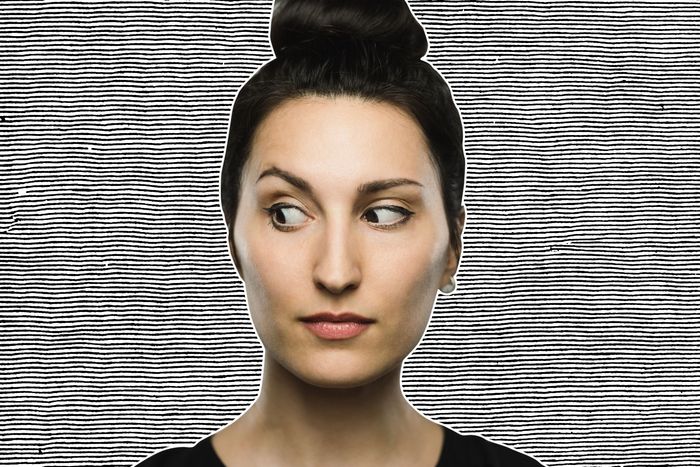
A few years ago, during an otherwise normal trip to a dentist’s office, an oral hygienist asked if my parents had ever considered aborting me. She was trying to make small talk, I think. She followed that up by asking if I’d ever eaten dog meat. She was white, of course, and I, her Chinese patient, didn’t even have the energy to correct her. I knew that she probably thought these disgusting stereotypes were facts, based on a few words of hearsay, and it would have taken befriending me and spending hours of quality time together for her to stop seeing me and every other Chinese person as dog-eating girl-aborters.
Many people reading that probably think that’s a horrifying exchange. Others, I bet, know all too well what it’s like to have someone else reduce an entire culture down to a couple of insulting ideas, and then try to discuss them as if it’s no big deal. It’s an exhausting routine, and those of us on the receiving end of such treatment have various mechanisms for coping. As a Very Online Asian American, I see lots of jokes in my social-media feeds about the ways white people eat, their bland “spices,” raisin-studded potato salads, or the western palate’s love of any food that’s beige. And within the corners of the internet where these jokes tend to flourish, this past week has been a busy one, because white-people watchers were given the gift of #Swedengate. Finally, the sport of roasting Caucasians had entered the mainstream.
It all started on Reddit, when someone named sebastian25525 asked people to share the weirdest thing they’ve had to do at someone’s house because of their culture or religion. Is this kind of prompt essentially inviting racism? Definitely yes. But one story, which a user named @SamQari chose to share on Twitter, is about being at a friend’s house in Sweden during dinnertime and getting put in a separate room to wait — rather than getting invited to join their hosts to eat together.
“Look at this,” the internet collectively said. “A breach of basic human decency that borders on violence — from Sweden!” The whites are not all right, we all thought.
Soon, Swedes confirmed this behavior to be true, and the jokes at their expense continued. For a few days, Swedish culture has received the same variety of unrestrained ridicule and shaming that Chinese culture has sustained for, well … centuries. Am I experiencing some Schadenfreude? Oh, hell yes. It is delightful to watch white people getting the same abuse they’re used to dishing, as a single unexpected fact about an entire country gets exploded into scathing jokes and memes about superior hospitality.
From the peak of our moral high ground, we could all agree: Even America — with its rampant mass shootings, high maternal mortality rate, and daily onslaught of racist rhetoric from politicians — is at the very least more hospitable to houseguests than the white European country populated by some of the happiest folks on earth. And our country was not alone. Someone even shared a PSA from the Saudi Arabian government that asks citizens not to derail census workers with invitations of tea and snacks.
But as satisfying as it feels to slam white people for having an inferior hospitality culture, deep down I know the impulse comes from the same place of willful ignorance that is typically populated by mainstream white consciousness — the impulse to Other an entire culture on the basis of a single factoid revealed in a vacuum.
To be clear, I am not at all worried about the marginalization of Swedish people, who have already explained why they don’t necessarily feel compelled to feed guests. The whites will see their way through this controversy, just as they have overcome accusations of cat-eating or even a history of blackface. Charges of unfriendly hosting practices will not lead to a wave of anti-Swedish bias in the same way that — to pull just one recent example — tweets about the “China virus” generated a wave of violence against Asians and Asian Americans who were already suffering through the same pandemic as everyone else. We don’t live in a world where the collective scorn of people of color can materially damage the lives of white people.
Maybe this can be a small taste of what it’s like for many of us who live in a world dominated by white tastes and white sensibilities, where our food is deemed “unclean” and our sacred practices can be banned for no reason at all. I want the white people to get a sense of how it feels to be blindsided by undeserved scorn, of having your whole humanity questioned on account of bad-faith extrapolations from a single common practice. As silly as #Swedengate is, some version of this happens every day — and it’s a far more hostile act than leaving your friend to play by himself for an hour while you go eat dinner with your family.




